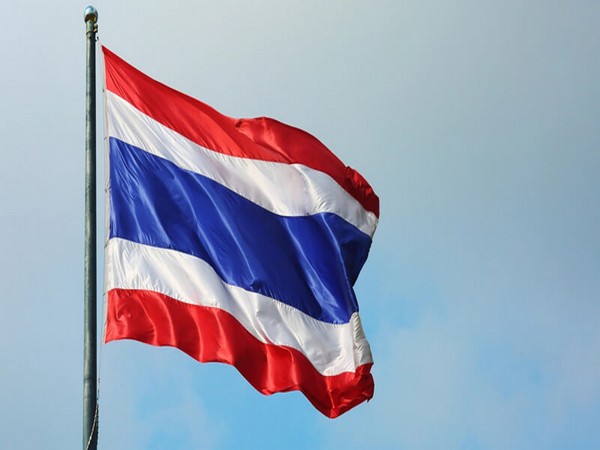Bangkok [Thailand], February 1: Thailand's Move Forward party's plan to change the royal defamation law, among the world's strictest, was dealt a severe blow on Wednesday.
The country's Constitutional Court ruled the plan to reform the lese majeste laws protecting King Maha Vajiralongkorn was illegal.
The court found it was "tantamount to overthrowing the democratic regime of government with the king as head of state."
In recent years, at least 260 people have been prosecuted under the law in Thailand, a country that considers respect for the monarch to be a core part of its national identity.
This law is highly regarded by many royalists and seen as sacred.
The strict enforcement of insult laws has been widely criticized for stifling freedom of expression.
Although the progressive Move Forward won the most votes in last year's general election, it had been excluded from a coalition to form a government.
The party won on a promise to reform Thailand's strict royal insult laws, reduce the power of the military, and break up business monopolies.
The court on Wednesday said the party's plan to reform the royal defamation law showed "an intent to separate the monarchy from the Thai nation, which is significantly dangerous to the security of the state."
"There are prohibitions on the exercise of rights and freedoms that affect the country's security and peace, order of the state, and good morals," it said.
Move Forward insisted its was not attempting to overthrow the monarchy.
"The verdict will not impact Move Forward, but also democracy and freedom for all Thais," its leader Chaithawat Tulathon said.
Whereas the monarchy was mostly considered sacrosanct under the popular former king, Bhumibol Adulyadej, who passed away in 2016, a seemingly growing number of Thais have demanded legal reform since the coronation of his successor.
King Maha Vajiralongkorn's personal life, including his residence in Germany, has been controversial, as has what some Thais consider his overstepping of constitutional boundaries by engaging in politics.
A wave of youth-led protests began in 2020, and a central theme was the reform of the lese majeste law. The demonstrations were notable for the expressed public criticism of the royal family.
Earlier this month, a 30-year-old man in Bangkok was sentenced to 50 years for a series of Facebook posts deemed insulting to the monarchy.
In March last year, a man was jailed for two years for selling satirical calendars featuring rubber ducks that a court said defamed the king.
The yellow bath toys were an unexpected symbol of the mass youth-led street protests that shook Bangkok in 2020.
Source: Times of Oman

